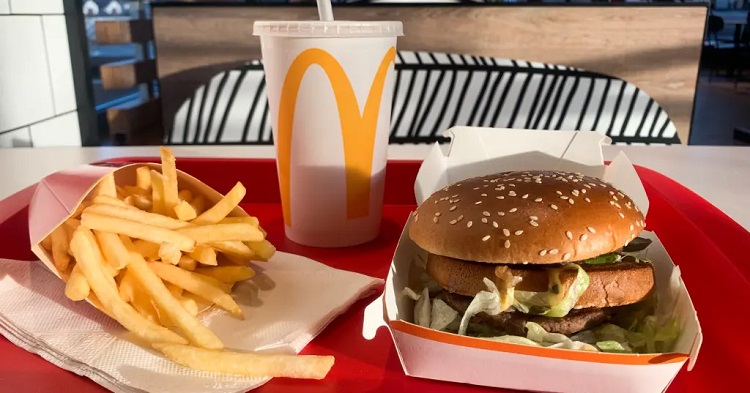In today’s challenging economic climate, the price of a simple pleasure like a Big Mac meal is soaring to unprecedented heights. McDonald’s, a staple of American dining, has found itself in the midst of controversy as it raises the cost of its iconic combo meals to a staggering $18 in some locations. But why is this happening, and what does it say about the state of our economy?
CEO Chris Kempczinski recently disclosed a troubling trend: low-income individuals, those earning less than $45,000 per year, are increasingly unable to afford McDonald’s offerings. This revelation underscores a stark reality: as inflation continues to erode purchasing power, even everyday indulgences become out of reach for hardworking Americans.
But McDonald’s isn’t alone in facing these challenges. Across the nation, fast-food chains are grappling with the fallout of economic pressures. Rising costs of insurance, equipment, and labor are squeezing franchisees, forcing them to pass on these expenses to consumers. The result? Outrageous pricing that shocks customers and threatens the accessibility of affordable dining options.
Recent incidents, such as a Connecticut outpost charging exorbitant prices for breakfast items, highlight the growing discontent among consumers. A $7.29 Egg McMuffin or a $17.59 Big Mac combo meal are not anomalies but symptoms of a broader economic struggle.
Moreover, looming minimum wage hikes, such as California’s upcoming $20-an-hour rate, foreshadow further price increases. McDonald’s and other chains have already announced plans to adjust their prices accordingly, signaling a troubling trend that could exacerbate financial burdens on everyday Americans.
While McDonald’s insists on the necessity of these price adjustments to stay afloat, industry experts warn of the dangers of overreliance on price hikes. Customers, already burdened by economic strain, may reach a breaking point, pushing the industry into a precarious position.
Looking ahead, McDonald’s pledges to moderate its price increases, albeit modestly, in an attempt to balance affordability with sustainability. Yet, the road ahead remains uncertain, with economic forces exerting relentless pressure on both businesses and consumers alike.
In conclusion, the $18 Big Mac combo isn’t just a meal; it’s a reflection of the economic challenges facing our nation. As prices climb and wages struggle to keep pace, the affordability of everyday essentials hangs in the balance. McDonald’s, like many businesses, finds itself at the forefront of this struggle, navigating a delicate balance between profit and accessibility in an uncertain economic landscape.





